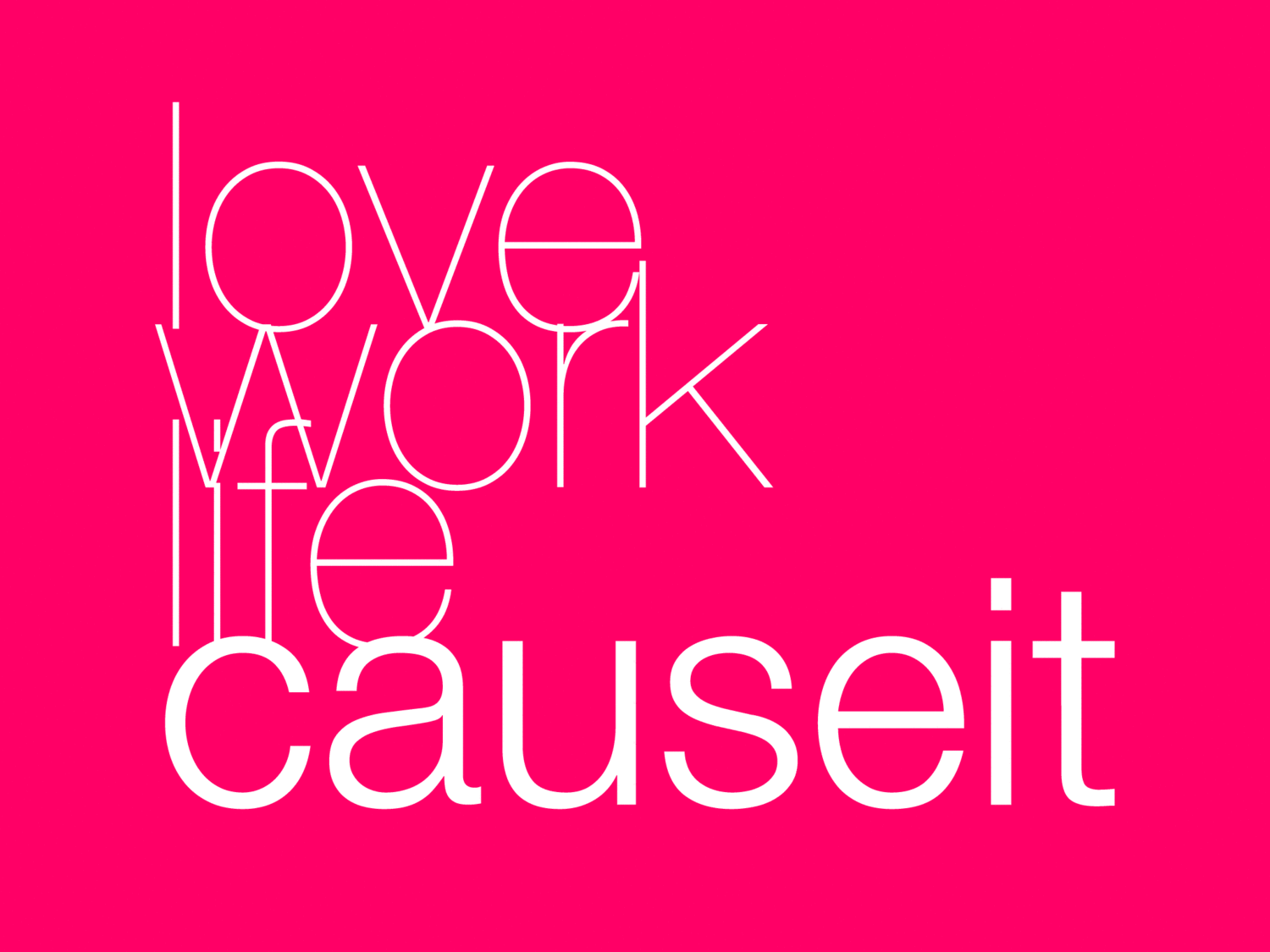Emotional intelligence is a real, and really important, factor at play in any business which employs and serves human beings. Leaders are learning how to leverage the impact that emotional intelligence—sometimes called “soft skills”—has in business, from individual careers to organizational culture. Articles on the subject are no longer relegated to fringe publications or social sciences, in fact mainstream business journals like Forbes, Harvard Business Review, and FastCompany have been talking about it for several years. The thriving conscious capitalism movement, the emergence of B Corps , and sold-out conferences like Wisdom 2.0 are all further evidence that more and more professionals and companies are taking the human element of business very seriously. This means that not only is the industrial age model of treating people like machines an outdated one, but companies who aren’t engaged with their employees and customers on a human level are at a competitive disadvantage in an increasingly networked world.
Event: Corporate Rebels & Moving From Hierarchy to Network [30 May]
Causeit is proud to participate in @petervan's Corporate Rebels United. We first met Peter Vander Auwera in his work with @innotribe (a Causeit client), and are glad to support his work of helping the corporate rebels and misfits of the world find the best way to apply their brilliance to pressing global issues.
Causeit will be speaking as part of Corporate Rebels United's 24-hour Global Rebel Jam, on the topic of how to prepare organizations for the transition from hierarchies to networks, build feedback loops and cultivate the business case for empathy. Causeit's Principal, MJ Petroni, will be speaking from 2:30-3:00 PT; login and registration details are below, along with some context from Corporate Rebels United.
Feedback Loops, Empathy and the Importance of Outrospection
As the world shifts towards more-networked organizations, the creation of feedback loops is more important than ever. An organization's capacity for empathy determines whether or not its products and services will actually serve the people it is trying to earn money from, and its awareness of what motivates its competitors, regulators and even its own staff will determine its ability to form important strategic alliances, form public-private partnerships and retain its workforce.
Teams of Lone Wolves
I first started conceiving of misfits and misfit teams when I began to reflect on my own employment process. As an unusual, "over"-sensitive and intelligent kid with no siblings, I often balked at oversimplified directions, experienced a bruised ego when receiving criticism, and struggled with how to participate in team or group environments. By the time I entered the workforce, I had developed a complex web of insecurities and related defenses designed to protect against the embarrassment of making public mistakes, compensating with my intelligence. It was in my first management position, which happened at about the same time I was engaging in lot of personal development work, that I really saw the impact.
Caring: The Missing Ingredient
I think the biggest missing ingredient for leaders is caring. At some point along the line, they stop caring—about their teams, about the company, about their customers, and it becomes a matter of just executing actions. I think when leaders reconnect with why they're doing what they're doing, the difference that it makes in the world and allow themselves to open their mind and their heart and take action based on those, that's when things really start to happen. Because it becomes inviting to people. That's what becomes open and transparent.



![Event: Corporate Rebels & Moving From Hierarchy to Network [30 May]](https://images.squarespace-cdn.com/content/v1/500a17fce4b016a023c03626/1369110681231-H4O41ZL9JW3MTOG33SIJ/CRU+logo.png)

